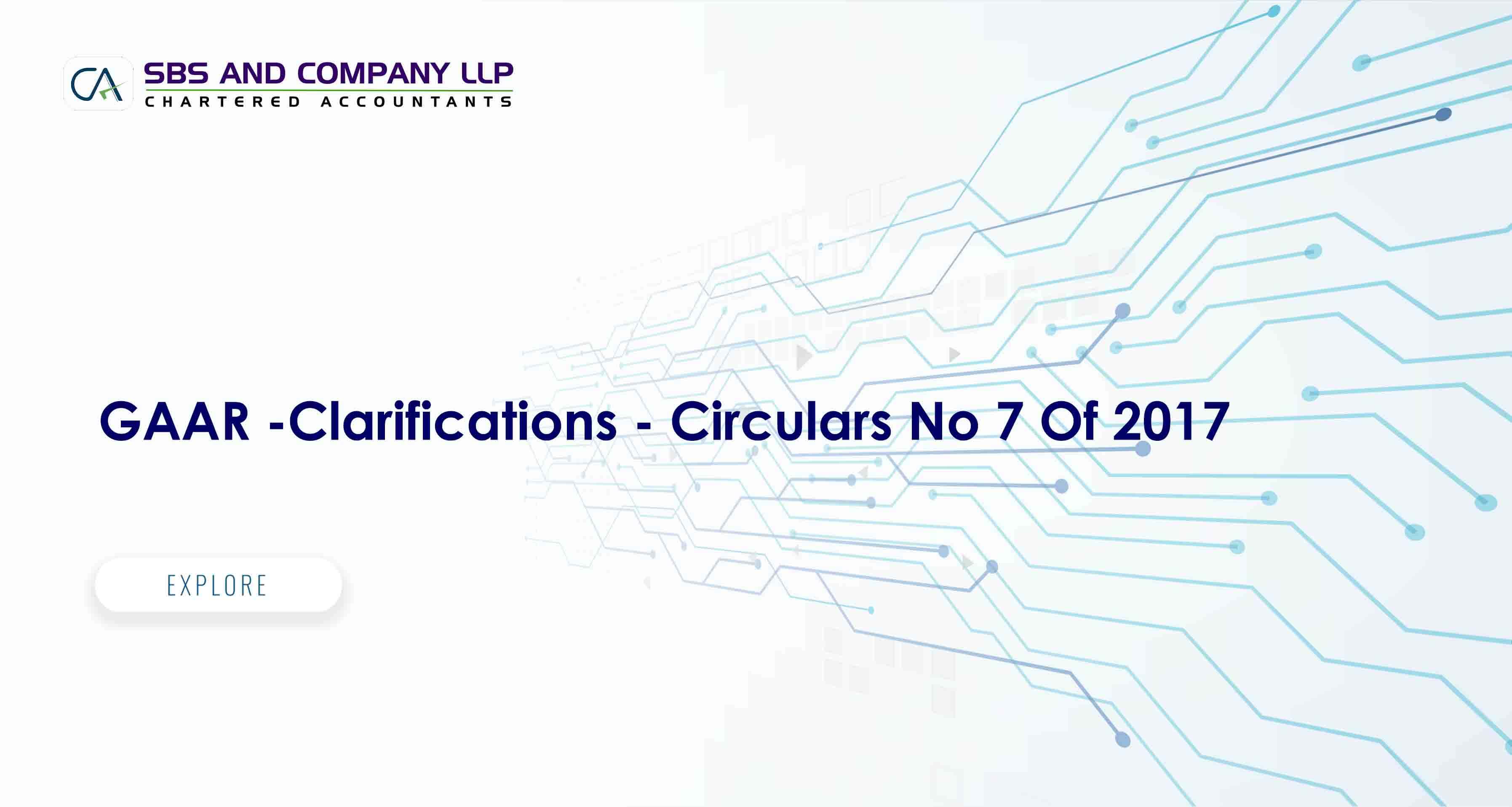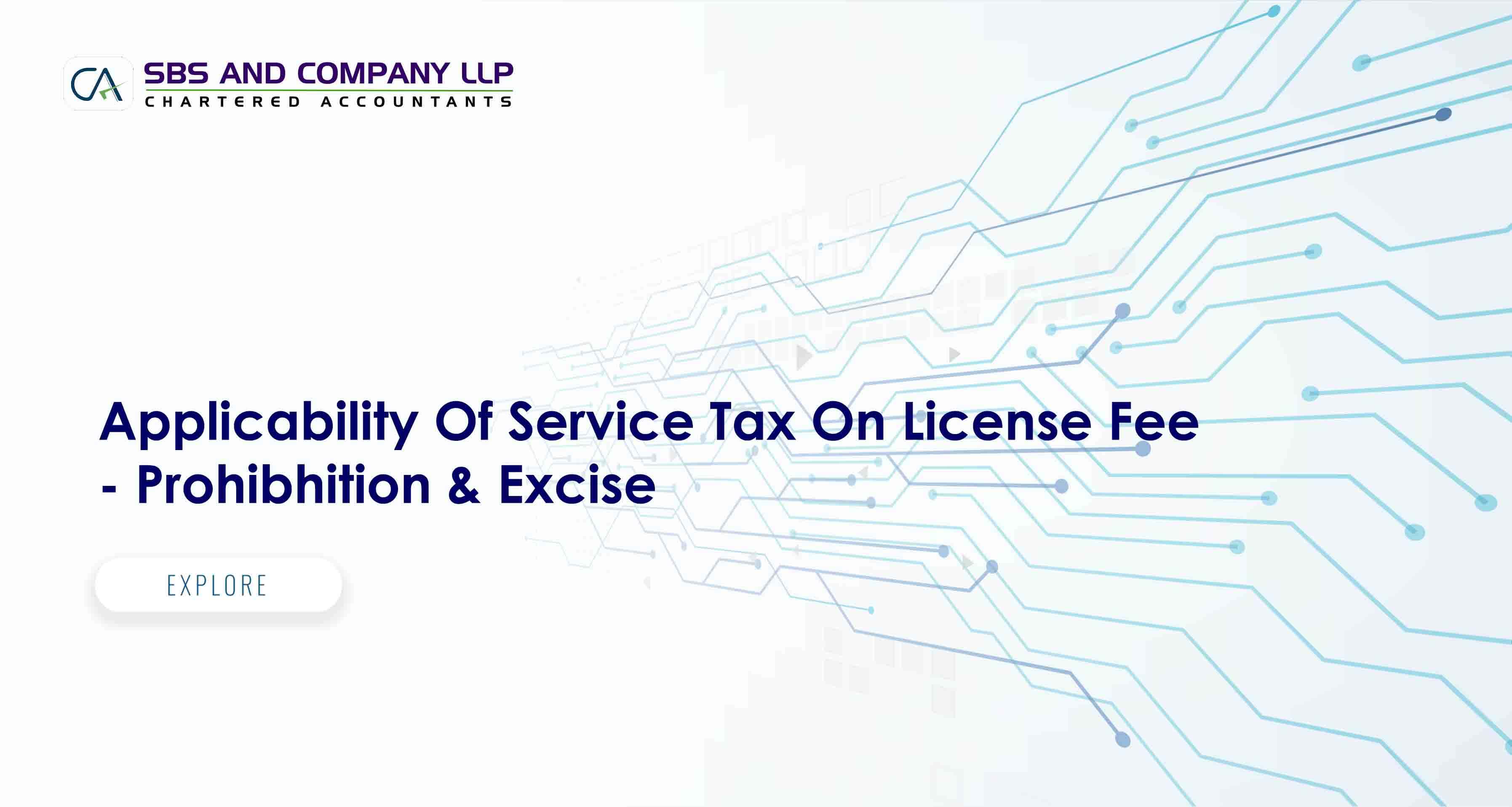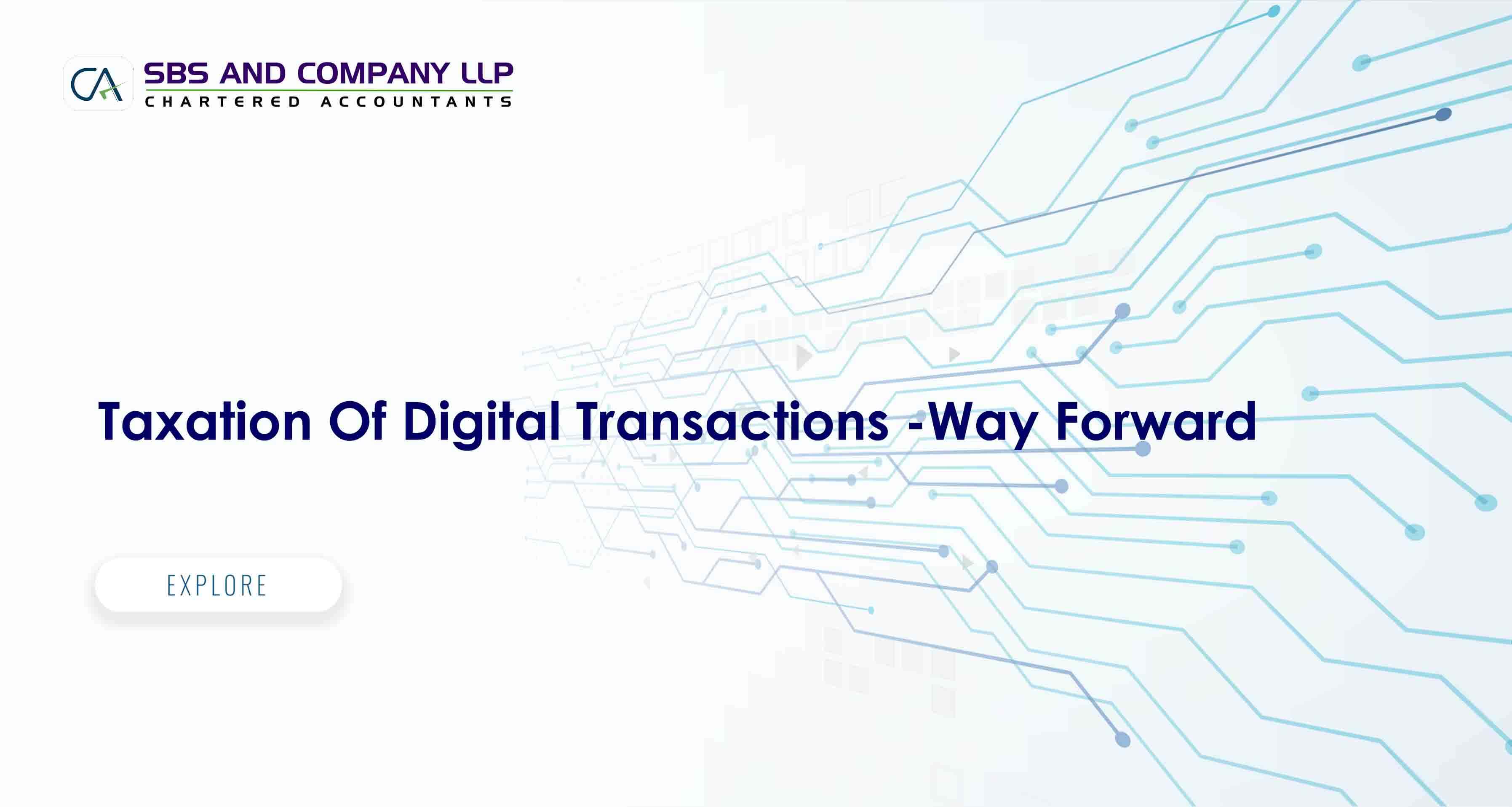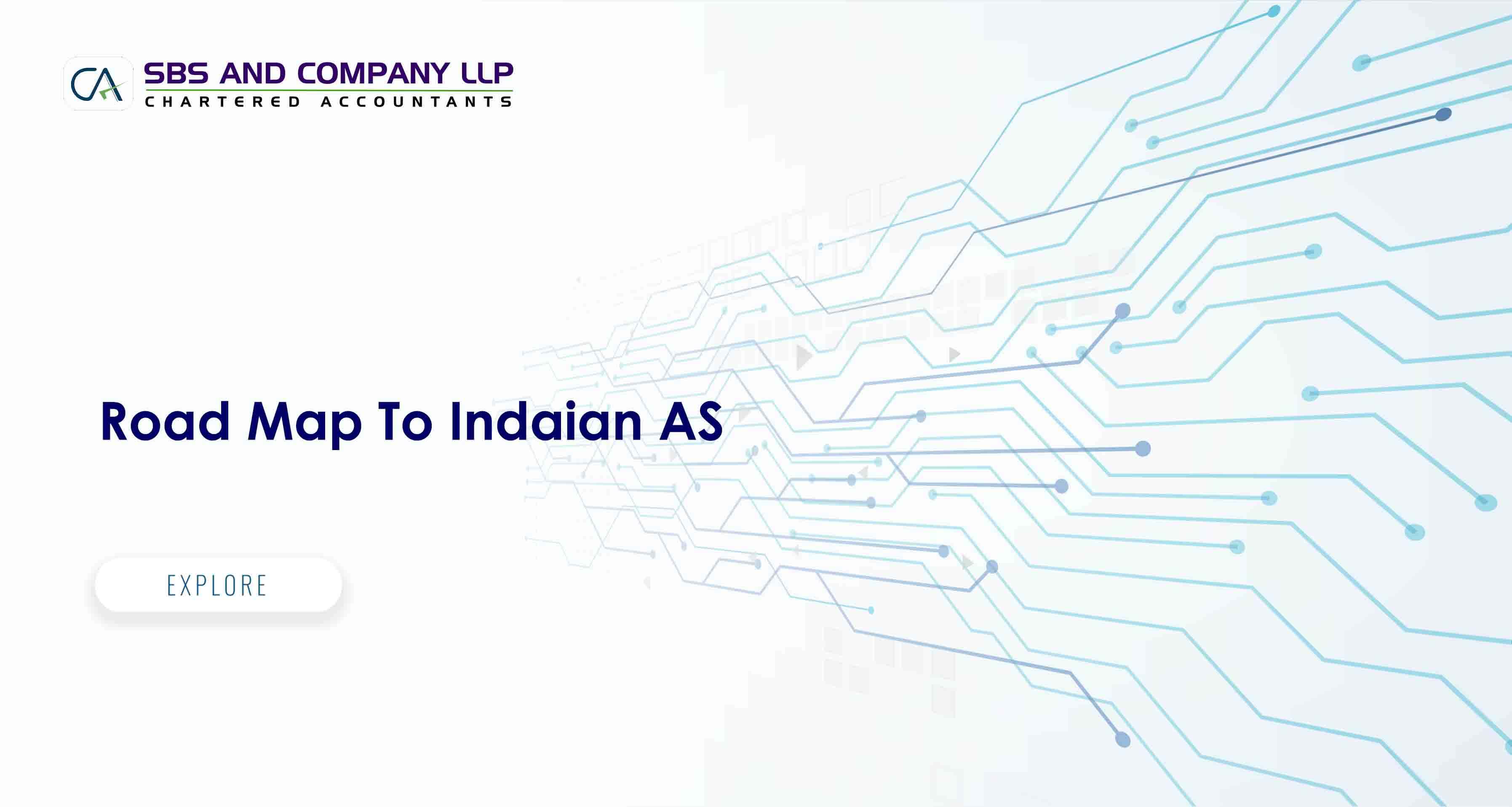GAAR (General Anti-Avoidance Rules) is a broad set of provisions that have the effect of invalidating an arrangement that has been entered into by the taxpayer with the objective of obtaining a tax benefit. While GAAR may not cease legitimate tax planning in all cases, it does call for a fundamental change in approach and mind-set of the taxpayer, going forward. Business reasons and commercial rationale will be pivotal to any tax planning in a GAAR regime. GAAR contains provisions to stop misuse of treaties, that India has with other countries, for tax avoidance. These are rules targeted at businesses that are structured solely for avoiding tax in India, such as routing investment into the country through tax havens. Transactions that fail the GAAR test will be subject to tax
The conditions for applicability of GAAR, by their very nature, are subjective and are not capable of being defined precisely.
Applicability of General Anti-Avoidance Rules. (Sec 95-102, Chapter –XA of IT Act, 1961 (’Act’))
Notwithstanding anything contained in the Act, an arrangement entered into by an assessee may be declared to be an impermissible avoidance arrangement and the consequence in relation to tax arising therefrom may be determined subject to the provisions of this Chapter.
Explanation—for the removal of doubts, it is hereby declared that the provisions of this Chapter may be applied to any step in, or a part of, the arrangement as they are applicable to the whole arrangement .
An impermissible avoidance arrangement means an arrangement, the main purpose of which is to obtain a tax benefit, and it—
- creates rights, or obligations, which are not ordinarily created between persons dealing at arm's length;
- results, directly or indirectly, in the misuse, or abuse, of the provisions of this Act;
- lacks commercial substance or is deemed to lack commercial substance under section 97, in whole or in part; or
- is entered into, or carried out, by means, or in a manner, which are not ordinarily employed for bonafide purposes.
An arrangement shall be presumed, unless it is proved to the contrary by the assessee, to have been entered into, or carried out, for the main purpose of obtaining a tax benefit, if the main purpose of a step in, or a part of, the arrangement is to obtain a tax benefit, notwithstanding the fact that the main purpose of the whole arrangement is not to obtain a tax benefit.
The GAAR provisions under the ITA are effective from tax year 2017-18.On 27 May 2016, the Central Board of Direct taxes (CBDT), the apex administrative body for direct taxes in India, had sought inputs from stakeholders on the aspects of GAAR on which further clarity is desired, so that the Guidelines can be framed accordingly.
Pursuant to the same, CBDT has issued 16 clarifications in Q&A format , vide Circular No 7 of 2017, dated 27 January 2017. Amongst others, the important clarifications are as follows:
- GAAR and SAAR (Specific Anti Avoidance Rules) can co-exist and GAAR will also apply if the LOB (Limitations of Benefit clause) provisions do not adequately address anti-avoidance rules.
- GAAR to not interplay with the right of the taxpayer on to select or choose method of implementing a transaction.
- GAAR shall not be invoked merely because an entity is set up in a tax favourable jurisdiction if the main purpose was not to obtain tax benefit.
- The convertible instruments such as compulsorily convertible debentures, convertible preference shares, Global Depository Receipts to be regarded as investment made for the purpose of grandfathering benefit if the terms are finalised at the time of issue of convertible instruments. Further bonus issues, share split/consolidations etc to be regarded as investment made for the purpose of grandfathering provisions. Lease contracts, loan arrangements are not regarded as investments and hence outside the purview of grandfathering benefit.
- GAAR to not apply if the Courts have explicitly and adequately considered the tax implication while sanctioning an arrangement.
- The time period for which a arrangement is in place may not be a sufficient factor for non-application of GAAR, though regarded to be a relevant factor.
- Corresponding adjustment will not be permissible under GAAR as same could militate against deterrence.
- The tax benefit computation of INR 30 M is in respect of a specific tax year and among all parties involved and not in relation to a single taxpayer.
- GAAR to be invoked only in deserving cases and adequate safeguards in terms of two step procedure for invoking GAAR is already put in place:
- The Commissioner will have to satisfy himself about invoking GAAR; and
- The same will have to be approved via the approving panel headed by the High Court judge.
The press release of CBDT also provides that the Government is committed to provide certainty and clarity in tax rules and further clarifications, if any, on doubts of stakeholders regarding GAAR implementation, will also be provided.








